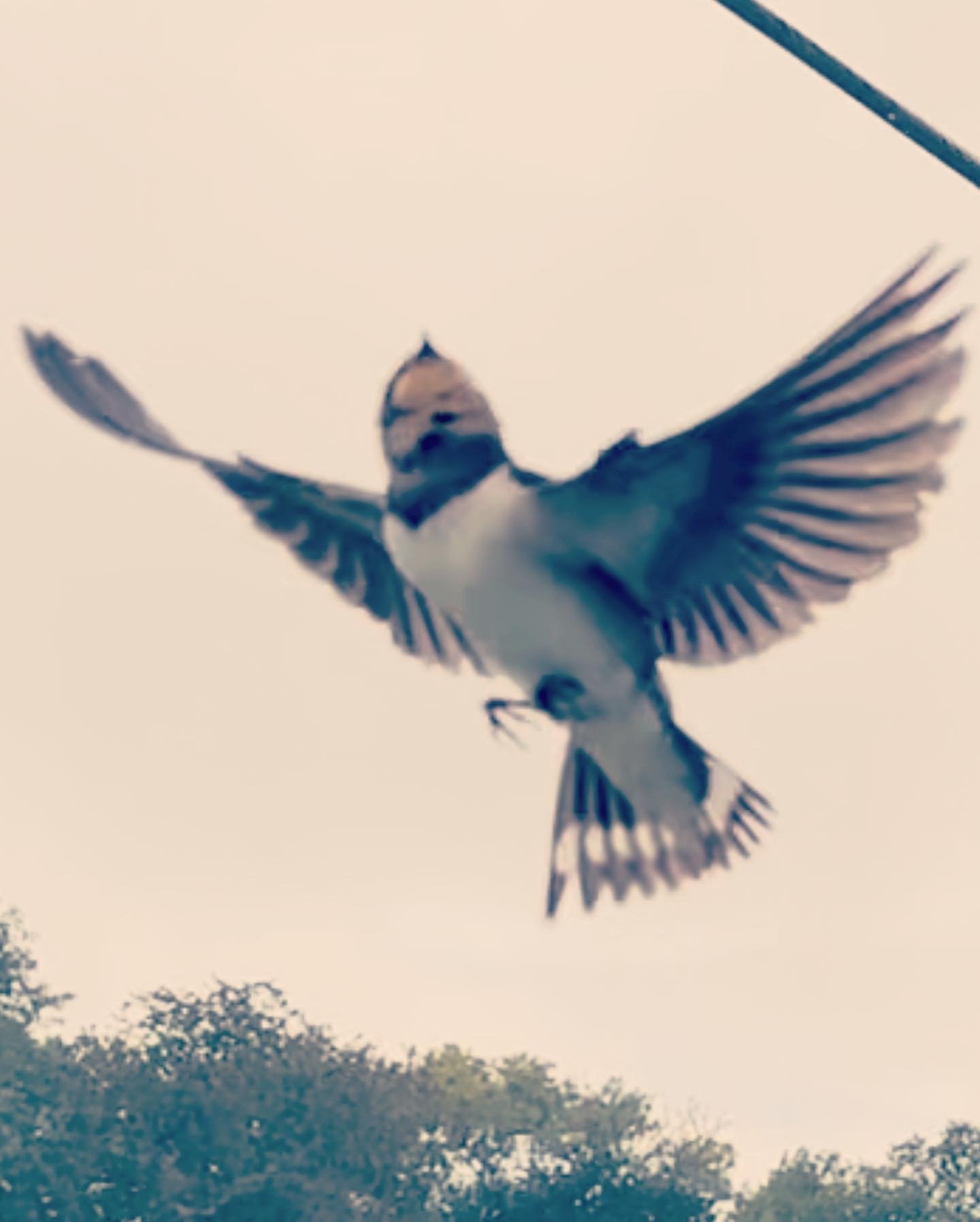Migrant Futurism
Ecologies of Social Transformation
In his 1990 text, Poetics of Relation, the Martinican writer and thinker Edouard Glissant describes the violence of what he terms “root identity” - an approach to self that is “founded in the distant past in a vision, a myth of the creation of the world” where, in contrast, he offers an alternative possibility of self-fashioning “produced in the chaotic network of Relation” that “does not devise any legitimacy as its guarantee of entitlement, but circulates”, that “does not think of a land as a territory from which to project onto other territories but as a place where one gives-on-and-with rather than grasps”.
Glissant’s vision lies at the heart of Migrant Futurism, a project that recognises and critiques the worldwide proliferation of strategies of nativism and nostalgia arising in response to the ecological crises of the 21st century that in turn inform the escalation of border violence, race and gender violence, the violence and inequality that produce and are produced by anthropogenic climate change where current policy scenarios are projected to displace 2 billion people - one fifth of all humanity - outside the human climate niche by the end of the century, setting the scene for global apartheid on an unprecedented scale.
In contrast, we observe how throughout human history, displacement has served as a significant event that has inspired new dimensions of consciousness in relation to our planetary existence. Artists and thinkers have repeatedly given form and voice to ecological insight and through them new futures have been imagined and enacted. This is what we understand as Migrant Futurism, a diversity of strategies that we find illuminating dimensions of our ecological life throughout history and alive today in so many contexts.
Our objective, in collaboration with partners including Counterpoints Arts and Southbank Centre, is first to acknowledge and celebrate those strategies and their diversity:
In the grassroots activism of The Anti-Raids Network and the Kenmure Street protesters, the decolonial feminism of Francoise Verges or the performance practice of Angela Camacho, for example.
Image courtesy of Angela Camacho.
Simultaneously, we aim to embody this Migrant Futurism on the ground:
Working with collaborators including policymakers at the New Economics Foundation, activists from the transnational collective, Alarm Phone, or at the local level, organisers at the Torbay Community Development Trust, to better understand the dynamics of border imperialism and the hostile environment at diverse scales and to work towards the imagination of more just and sustainable futures.

PROJECT EVENTS
Migrant Futurism: Kenmure Street
Southbank Centre, 25th June
This panel brings together community activists and organisers to reflect on the power of the Kenmure Street protest, two years on.
Migrant Futurism: Françoise Vergès
Southbank Centre, 25th June
The renowned decolonial activist and theorist delivers a key-note presentation reflecting on the context of the UK’s Illegal Migration Bill.
Migrant Futurism: Angela Camacho
Southbank Centre, 25th June
The community organiser and domestic worker performs a Future Ancestors Ritual to conclude the Migrant Futurism programme at the Southbank Centre.
KEYWORDS



